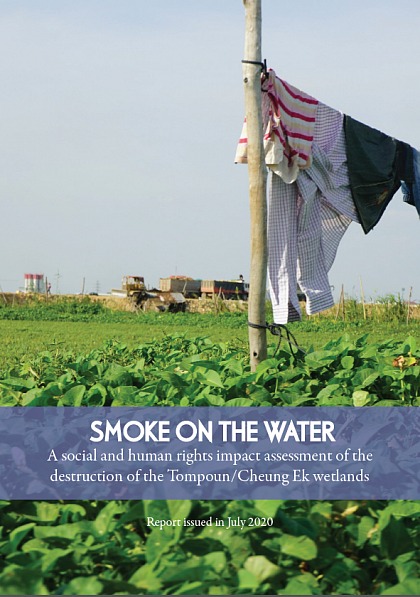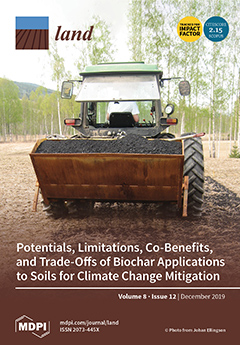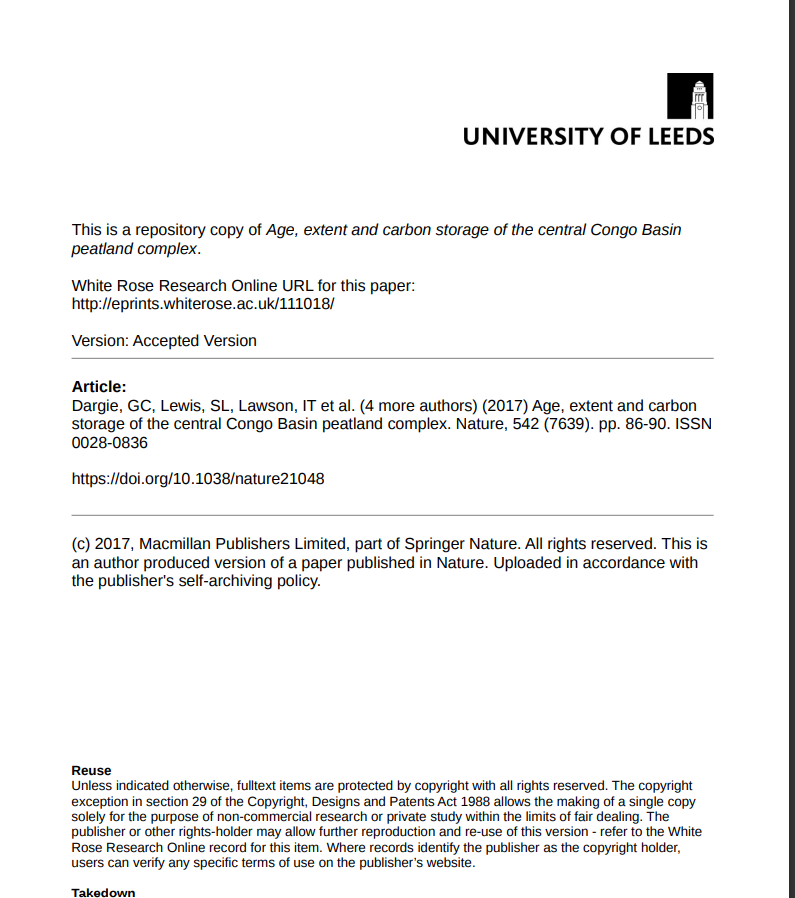Ramsar Convention and the wise use of wetlands: rethinking inclusion
The Ramsar Convention on Wetlands emphasizes the “wise use†of wetlands by conserving the ecological character of wetlands while managing the socio-economic value these landscapes hold for different stakeholders. Reviewing the Convention obligations, resolutions, and guidelines through a feminist political ecology lens, we find them to be overtly simplistic and technocratic.





